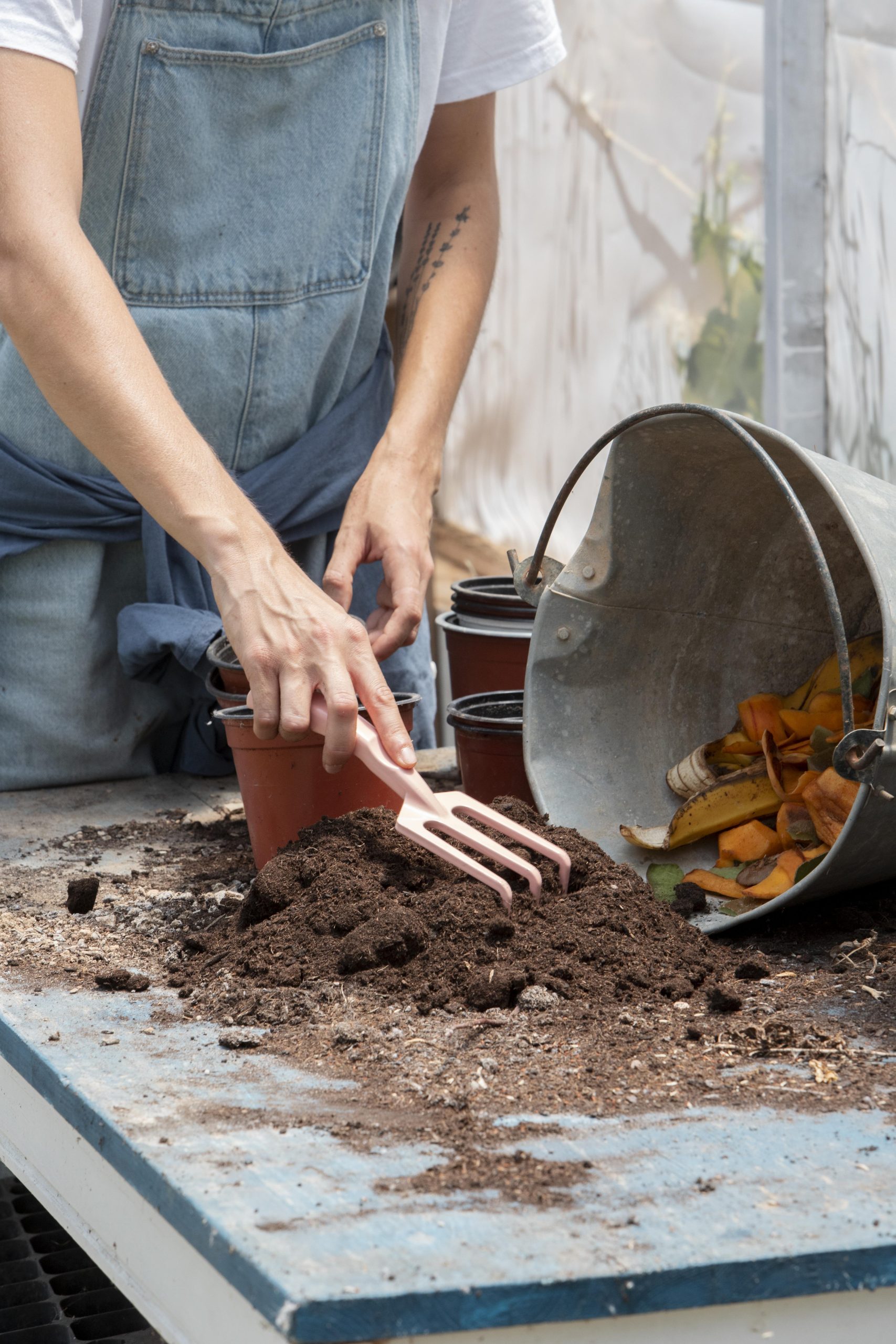The effect of vermicompost on soil fertility
Earthworms accelerate the movement of ions on the surface and depth of the soil profile, and by secreting chemicals, they can take some of the basic nutrients in the soil out of stabilization and make them absorbable by plants. This process is done by earthworms in both direct and indirect ways. Their direct effect is in the mineralization of nitrogen. The nitrogen element is usually present in the soil in the form of organic complexes that cannot be used by plants, while passing through the digestive tube of earthworms, it first turns into ammonia and then into nitrite and nitrate. On the other hand, the indirect effect of earthworms is on the abundance of soil fertility, the abundance of activity of microorganisms and soil animals, and finally in the production of root stimulants such as vitamins, especially vitamin B12. There are also many evidences that the concentration of absorbable calcium, sodium, magnesium, potassium, phosphorus and molybdenum in earthworm feces is higher than their surrounding environment.
The effect of vermicompost fertilizer on the growth and development of plants
Plants that feed on vermicompost usually have a taller appearance and faster growth. The use of vermicompost with a lower concentration has a greater effect on the growth and development of plants. As one of the nutrient components of plants in gardening and floriculture, vermicompost has a direct effect on the physical and chemical properties and growth of plants. And increasing the rate of growth and development of plants is not considered as a usable advantage and superiority. But vermicompost has biological activity and function, and it has anti-fungal substances that prevent excessive and negative plant growth and somehow control the growth process of plants.
The effect of vermicompost on increasing plants
After feeding with vermicompost, the collective increase of plants per centimeter can be seen.
The effect of vermicompost fertilizer on root growth
Based on the experiments, the plants that were fed with vermicompost had a significant effect on the growth and increase of plant roots. Increasing the roots of plants increases the capacity to absorb water and nutrients and scientifically makes plants stronger and healthier. Experiments showed that adhesion in the roots of plants will reduce their growth. This research revealed the importance and value of health and strength in plant roots for researchers and farmers.
The effect of vermicompost on flower size
When the tested monkey flowers were harvested, the most valuable point of these experiments was that the flowers that were fed with vermicompost fertilizer grew more in terms of stems and petals compared to other flowers that were fed with normal fertilizers (chemical fertilizers, etc.). They had significant growth. As a result, the different and beautiful appearance of the flowers attracted the attention of buyers and observers, so that the price of those flowers increased over time.
The effect of vermicompost on the thickness and thickness of plant stems
During the experiments, the thickness of the plant stems increased significantly after feeding with vermicompost organic fertilizer. Although creating more thickness in the stem is less important than other factors in the growth of plants, but in some flowers and plants such as monkey flowers, the thickness in their stem has an obvious effect on the appearance of this flower, it is of great importance.

The effect of vermicompost fertilizer on the growth rate of flowers and plants
Plants grown in a bed with vermicompost organic fertilizer grow more and faster than other plants, and finally, it should be noted that:
The reaction of different plants to vermicompost organic fertilizer is determined based on several important factors. The first and most important factor is that the cultivation of plants using vermicomposting is different in regions with different climates. The progress of the growth stages is not the same for each plant in different climate zones and the reaction of plants to vermicompost will also vary. Plants that grow in favorable weather conditions with proper nutrition show a slower reaction to increasing the amount of fertilizer and other chemical additives to the soil.

 Persian
Persian English
English
بدون دیدگاه